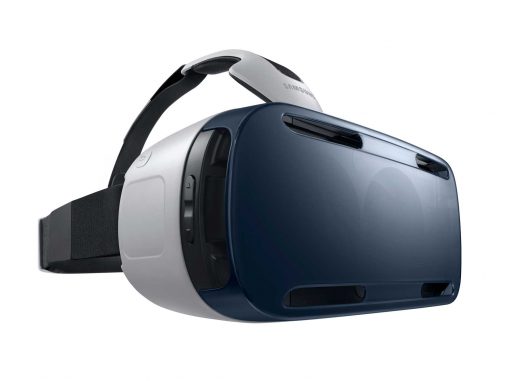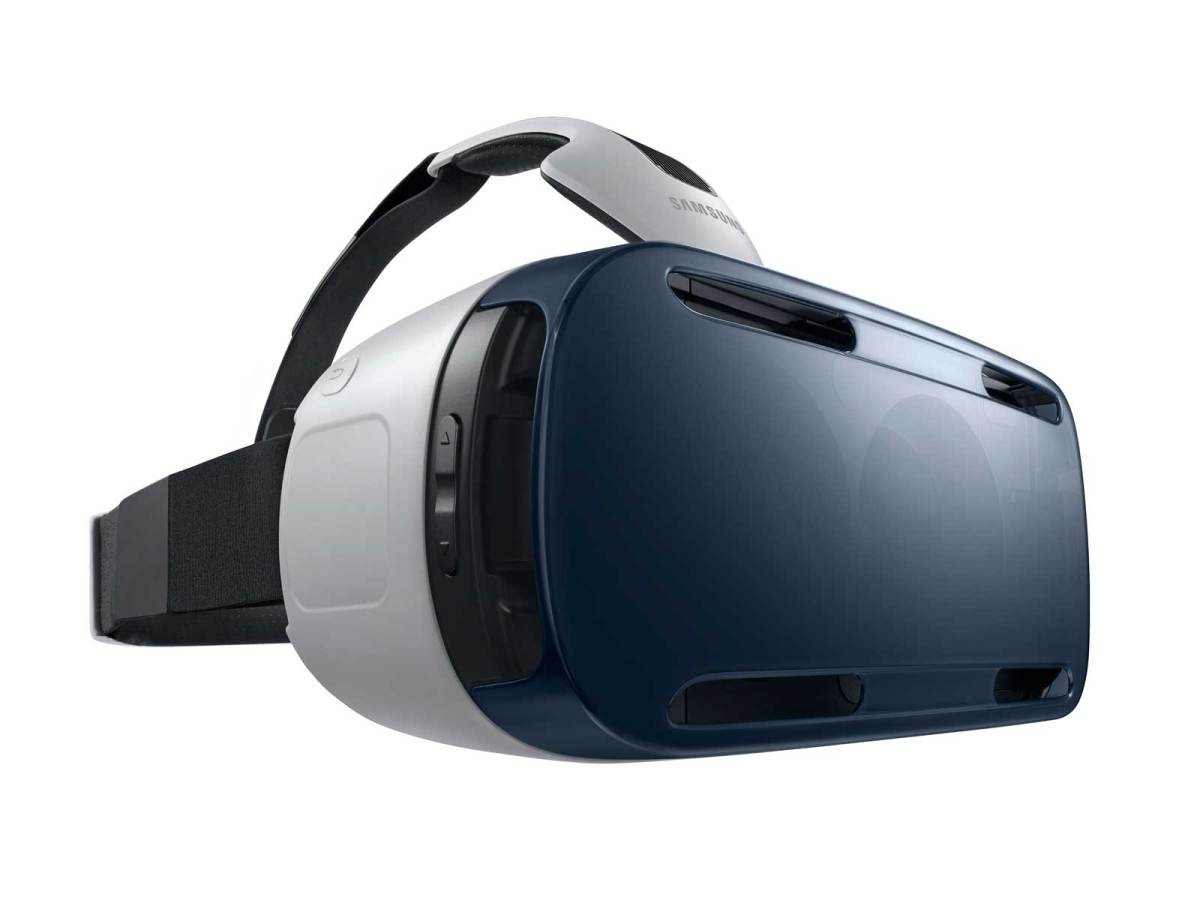From next month a broad spectrum of consumers will be able experience virtual reality for the first time, with Samsung releasing the Gear VR — a virtual reality headset that gives the wearer a 360 degree view of an alternate reality using the screen of the Galaxy Note 4 inserted in the front of the headset.
The Gear VR will come with a 16 gig micro SD card which includes a range of immersive content, but a wider realm virtual reality content is still being developed, in a developer’s bedrooms or in Hollywood studios.

Designer and futurist Jeff Julian has worked as a consultant for Samsung, Oculus (which created the Gear VR with Samsung), Google and Apple. He says the tech is already here in an easy format but content is still coming online.
“My take on VR is we have been hearing about it forever. It has always been really lame and kind of cheesy, super expensive and the problem is the content has always been terrible,” he said.
But that is all starting to change, with VR receiving a big tick from industries outside the world of gamers. The potential applications of VR – be they medical, real estate, education or entertainment – offer exciting possibilities.
“When you look at TV or movies it’s very much ‘I as a creator/director am telling you the story’ it’s very much a one way direction. Where VR is really interesting is it’s much more experience-based and that’s why it has grown out of gaming because gaming is an experienced-based environment.”
A massive amount of VR content, which gives you experiences which you may never have in your life, is coming.
Julian, who worked as part of Steven Spielberg’s team of futurists for the film The Minority Report and has also worked with Hollywood’s ‘A-List’ including Ridley Scott, Warner Brothers, Dreamworks SKG, Universal and Sony. He says he can’t talk about them because he has been working on them, but a handful of major feature films are planning to release VR content. Big museums and National Geographic are “all jumping onboard like crazy,” he added.
“Behind the scenes it is being upticked by industry like it never has before. It has always been that kind of weird thing that everyone said sounded cool but hasn’t really taken off. That is not the ecosystem that I am seeing.”
As well as content from big players, small scale developers can also create their own virtual reality games or experiences thanks to the Oculus developers kit, in a similar way to app developers building software for the app store.
Julian expects content will continue to trickle out and within a year, a “really well defined content market” will appear.
The Next Generation of VR
There are two extremes in the virtual reality market. On one end is Google Glass which layers a smartphone-like interface over reality. At the other end of the spectrum is Oculus which has created a complete virtual reality to escape into.
Julian believes the future of virtual reality lays somewhere between these two extremes, where the wearer can interact with the virtual world and the real world at their own discretion. The inclusion of cameras and infrared sensors on VR headsets that map the real world will begin to appear, so you can move about a room without bumping into things, but still be able to access another world.

